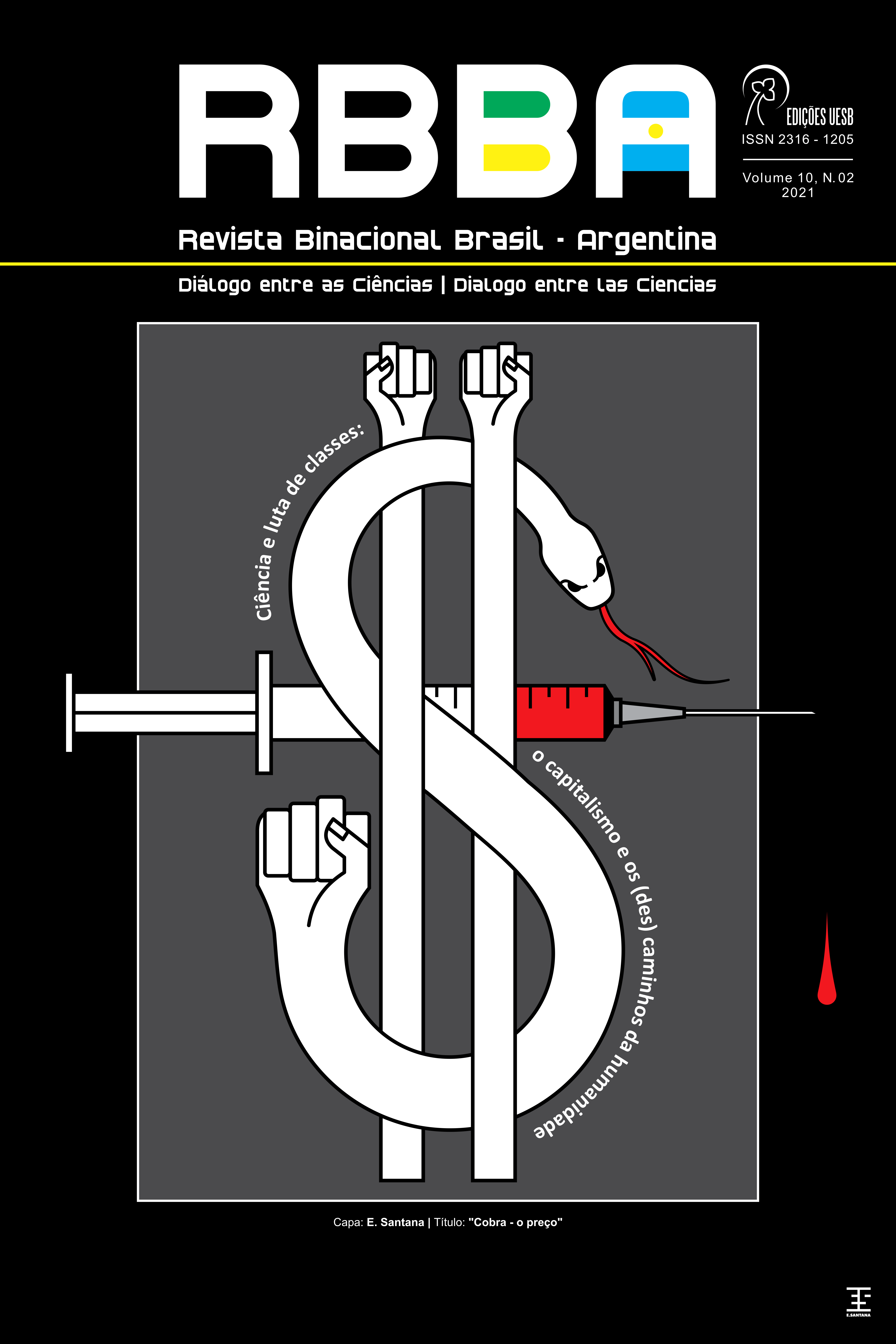THE SOCIOLOGY AND THE LIMITS OF "COMMON SENSE" IN GRAMSCI AND HELLER
DOI:
https://doi.org/10.22481/rbba.v10i02.9879Keywords:
Common sense, Everyday life, Classical sociologyAbstract
In the process of understanding social life and its determinations, an issue that attracted attention in the context of classical sociology and even outside it was the need to establish a fierce struggle against common sense. Although Marx is not a sociologist, this concern was present and reappears, later, in Durkheimian and Weberian analyses, through different matrices from the one that configured Marxian thought. The importance of the struggle against common sense reappears decades later in the works of Antonio Gramsci, when writing Prison Notebooks, and in the second half of the 20th century, especially from the 1960s onwards, in Agnes Heller's analysis of everyday life. The article briefly recovers elements of how the problematization of common sense was outlined by these authors, as well as the importance of rescuing these discussions in the face of contemporary trends led by what is conventionally called postmodern thought.
Downloads
References
BAUMANN, Zygmunt. Comunidade. Rio de Janeiro: Jorge Zahar Editor, 2003.
BAUMANN, Zygmunt. Vidas Desperdiçadas. Rio de Janeiro: Jorge Zahar Editor, 2004.
DURKHEIM, Emile. As regras do método sociológico (Prefácio da primeira edição). 17 ed. São Paulo: Companhia Editora Nacional, 2002.
ENGELS, Friedrich. Anti-Duhring. Montevideo: Ediciones Pueblos Unidos, 1960.
GRAMSCI, Antonio. Cadernos do Cárcere, Vol. 1, São Paulo: Civilização Brasileira, 2001.
HELLER, Agnes. O cotidiano e a história. 7 ed. São Paulo: Paz e Terra, 2004.
LEFEBVRE, Henri. La vie quotidienne dans le monde moderne. Éditions Gallimard. Paris: 1968.
MARX, Karl. Para a crítica da economia política. In: Os Economistas: São Paulo, Editora Victor Civita, 1982.
MARX, Karl. O Capital (livro 1, Vol. I). 15 ed. Rio de Janeiro: Editora Bertrand Brasil, 1996.
Downloads
Published
How to Cite
Issue
Section
License
Copyright (c) 2021 Revista Binacional Brasil-Argentina: Dialogue between the sciences

This work is licensed under a Creative Commons Attribution 4.0 International License.






